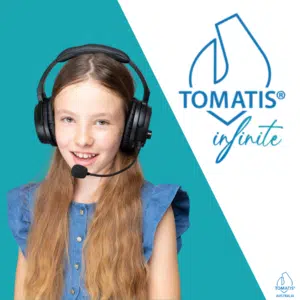Françoise Nicoloff
Official Representative of Tomatis Developpement SA in Australia, Asia and South Pacific, Director of the Australian Tomatis® Method, Registered Psychologist, Certified Tomatis® Consultant Senior, Tomatis® International Trainer and Speaker, Co-author of the Listening Journey Series, 40 Years of Experience, Neurodiversity Speaker



